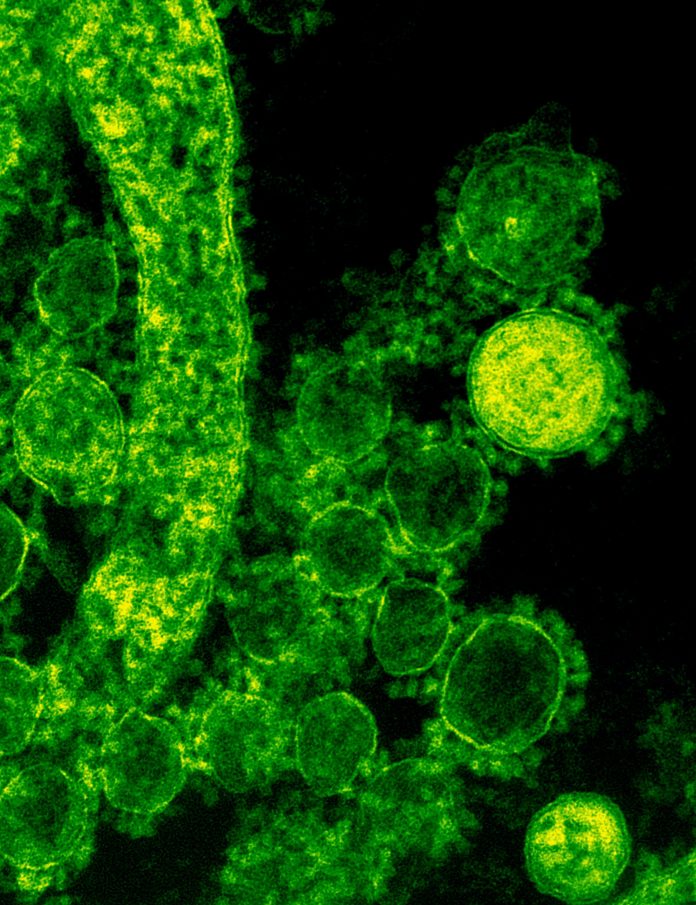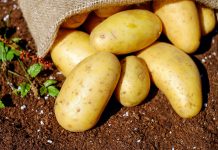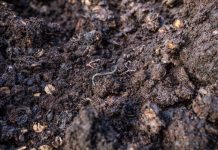As a farmer or homesteader, you know that soil is at the foundation of your success. Good quality, nutrient-rich soil can make all the difference in crop yield and growth. Taking a deeper look into the complex web of life beneath our feet reveals an understanding of one key factor – soil microbiology.
By getting to know more about the tiny organisms living in your soil, you can gain insight into how best to care for it, retain existing nutrients and increase fertility -all leading to higher yields! In this blog post, we will dive deep into this mysterious but incredibly important element: Soil Microbiology.
We’ll discuss what microbes are present in healthy soils and cover essential practices such as tilling land and composting that affect microbial activity underground. Join us as we explore new ways to build up beneficial bacteria that your crops need!
Overview of Soil Microbiology and its Role in Crop Yields
Soil microbiology is a vast field that encompasses the study of microorganisms living in soil and their interactions with each other and the environment. Microbes are crucial to plant growth and are involved in various nutrient-cycling processes that are necessary for crop yields.
Soil microorganisms have the ability to decompose organic matter, release nutrients that can be used by plants, and can also help to limit the effects of soil-borne pathogens. The role of soil microbiology in agriculture is significant, and understanding the mechanisms underlying microbial interactions with soil and plants is becoming increasingly important to achieve optimal crop yields in a sustainable manner.
By studying the complex relationships between soil microorganisms and their environment, we can gain a better understanding of the factors contributing to healthy soil and improve our crop management practices to optimize productivity while preserving the integrity of the soil ecosystem.
The Importance of Soil Bacteria and Fungi
The intricate world underneath our feet is often overlooked but plays a crucial role in our daily lives. Soil bacteria and fungi are two essential components that contribute significantly to the overall quality and health of the soil.
Bacteria are responsible for breaking down organic matter and converting it into nutrients that can be absorbed by plants. Fungi, on the other hand, form beneficial relationships with plants, aiding in the absorption of water and nutrients. Without these tiny microorganisms, there would be no soil nutrient cycle, and our soil’s health would significantly deteriorate.
It is vital to understand the crucial role that soil bacteria and fungi play in creating and maintaining a healthy ecosystem. By supporting these microorganisms, we can improve the quality of our soil and subsequently our environment.
How to Promote Healthy Soil Microbes to Improve Yields
Healthy soil microbes play a fundamental role in agricultural productivity. Promoting their growth and diversity is essential in improving soil fertility and increasing crop yields.
There are several ways to encourage healthy soil microbes, including the use of organic matter such as compost and cover crops, reducing tillage, applying appropriate amounts of fertilizers and lime, and avoiding the use of toxic pesticides.
Healthy soil is a habitat for microorganisms such as bacteria, fungi, and protozoa that help in breaking down organic matter, releasing nutrients, and improving soil structure.
By taking care of soil microbial life, farmers can increase their yields, reduce dependency on chemical fertilizers, and promote long-term agricultural sustainability.
Common Soil Pests and Pathogens and How to Get Rid of Them
Soil pests and pathogens are a common problem for gardeners, farmers, and anyone who deals with plants. These unwanted intruders can cause damage to crops, flowers, and even trees.
Fortunately, there are ways to get rid of them. One effective method is to practice good soil hygiene. This means regularly removing any dead plant material or debris that might harbor pests and fungi. Another approach is to use natural predators, like nematodes or ladybugs, to control the populations of harmful insects.
For more severe infestations, chemical treatments may be necessary, but it is crucial to choose the right product and follow the instructions carefully to avoid further harm to the environment and non-target organisms.
By being proactive and taking the necessary steps to prevent and control soil pests and pathogens, you can ensure the health of your plants and the success of your gardening or farming endeavor.
Employing Beneficial Microbial Cultivations for Better Crop Yields
The use of beneficial microbial cultivations has become an increasingly popular and effective method for boosting crop yields. By introducing specific microbes into the soil, these organisms interact with plant roots, enhancing nutrient uptake and resistance to pests and diseases.
Essentially, microbes improve plant health and overall crop quality. This method not only contributes to increased productivity, but it also promotes sustainable agriculture. Farmers can reduce their use of synthetic fertilizers, pesticides, and herbicides, which can negatively impact the environment and lead to soil degradation.
Investing in the use of beneficial microbial cultivations ultimately benefits both the farming industry and the larger ecosystem.
Understanding the Interaction Between Plants and Soil Microbes for Greater Productivity
As the world’s population continues to expand, the demand for food will only continue to rise. To keep up with this demand, farmers and agricultural researchers are constantly searching for new methods to improve crop yields and productivity.
One such method involves understanding the complex interaction between plants and the soil microbes that surround them. Soil microbes play a critical role in a plant’s ability to absorb nutrients, as well as in protecting plants against various diseases.
By better understanding these interactions, farmers can develop new strategies to improve crop growth and ultimately increase food production. By investing in this research, we can ensure a more sustainable and prosperous future for agriculture.
From soil habitat to crop yields, soil microbiology is an invaluable asset to farmers that should be taken seriously. Healthy soil bacteria and fungi play an essential role in providing nutrients for crops, breaking down toxins, and promoting productivity. Knowing the types of soil pests and pathogens and how to eliminate them can protect your crops from infestation and diseases. Although beneficial microbial cultivation can be challenging, if done correctly it can yield much better results compared to traditional farming methods. Overall, by understanding the interaction between plants and soil microbes you’ll be able to gain greater insight into production levels, allowing you to optimize your crop yields comfortably. Soil microbiology is a complex system but with enough research and dedication, you’ll be sure to reap the rewards of successfully harnessing its power!














